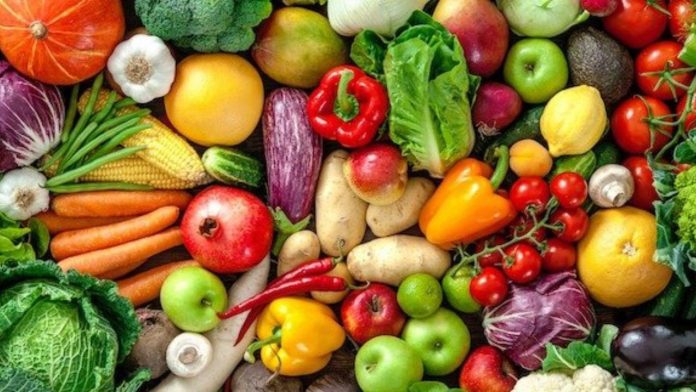In order to maintain a healthy diet and stay disease-free, one must consume enough fruits and vegetables. Every vegetable, however, contains a unique combination of nutrients and fiber, and some are more helpful than others for reducing insulin resistance and blood sugar levels.
Because they contain more fiber than starchy vegetables and should be consumed more frequently, non-starchy veggies are better for managing diabetes. One can boost the phytochemicals and decrease the net carbs for a lower blood glucose and insulin response after a meal by eating more non-starchy veggies and fewer starchy vegetables.
These superfoods are nutrient-dense, low in starch and sugar, and high in fiber. They are a good choice for controlling insulin levels because they include 5 grams or fewer of net carbs per serving.
You must eat non-starchy fruits and veggies, which includes:
Crisp lettuce, vibrant spinach, nutrient-dense kale, colorful bell peppers, crunchy celery, adaptable onions, crunchy cabbage, zesty zucchini, delightful yellow (summer) squash, wholesome broccoli, delicate cauliflower, Brussels sprouts, nourishing edamame, protein-rich black soybeans, green beans, artichokes, carrots, asparagus, eggplant, spaghetti squash, and pumpkin are just a few of the non-starchy vegetables that can help with insulin resistance. There are countless options.
For people with insulin resistance, fruits like avocados, blackberries, strawberries, and raspberries are recommended.
These fruits are a wise choice to satisfy your sweet tooth while maintaining stable blood sugar levels because they are low in sugar and high in fiber.

 हिंदी
हिंदी






